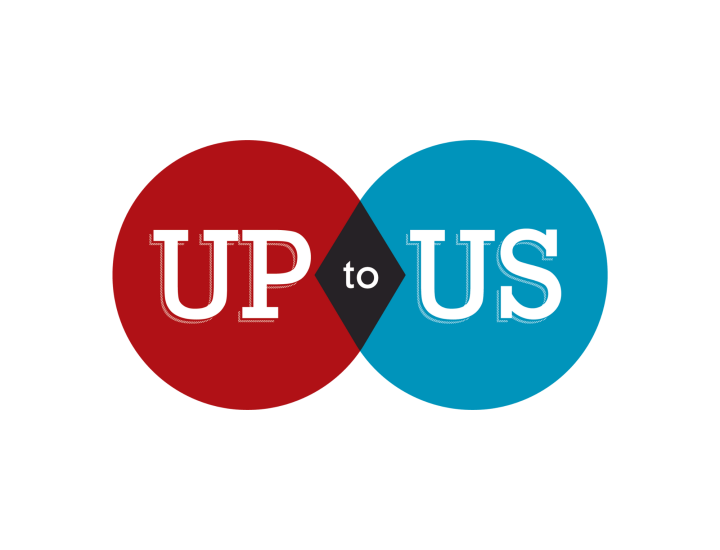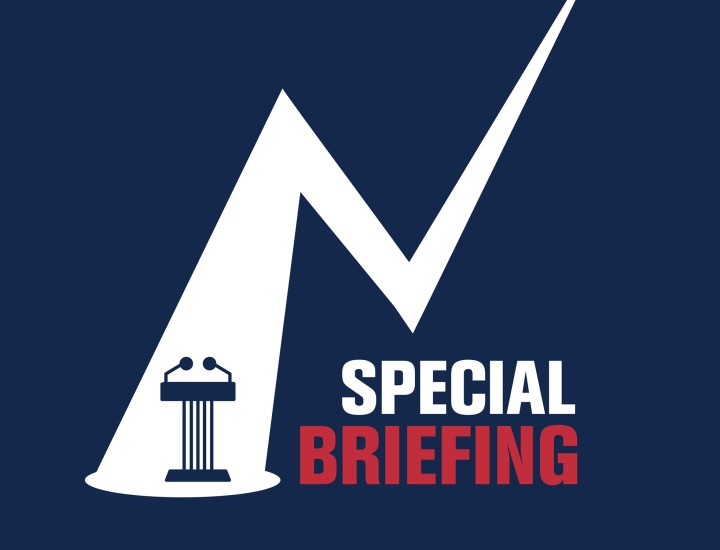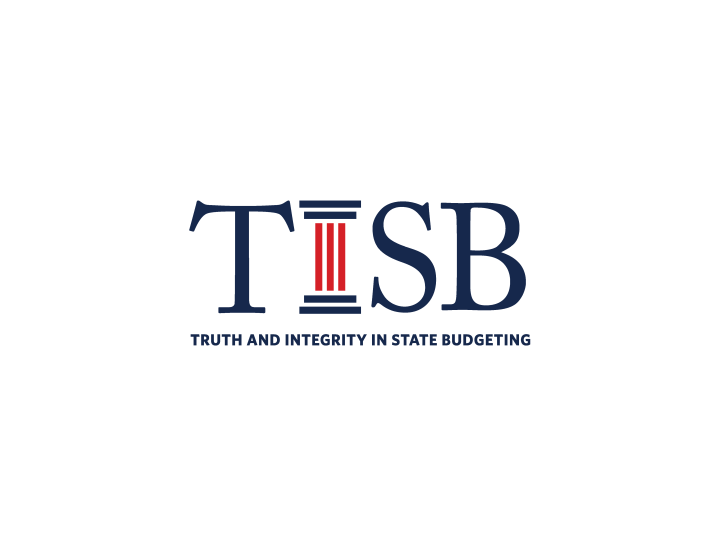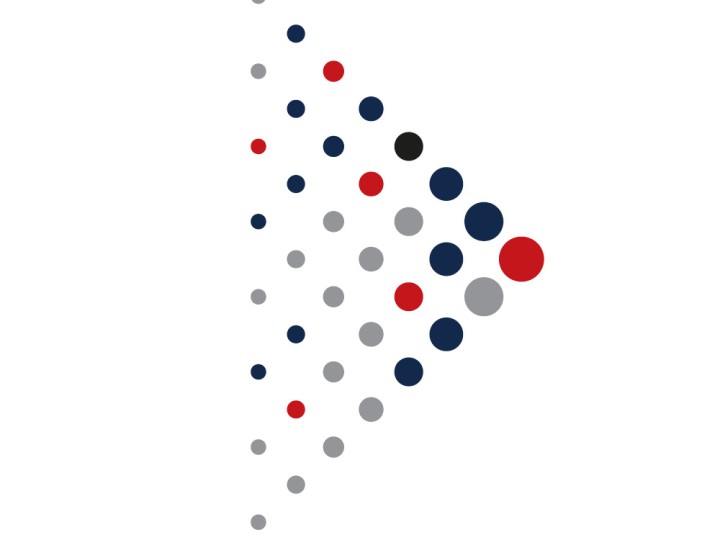
Work from Home and the Challenges Facing America's Big Cities
Doom Loop or Boom Loop: Work from Home and the Challenges Facing America’s Big Cities, is the latest in a series of Alliance issue papers on state and local budgeting in the COVID Era.
Ever since the arrival of the COVID-19 pandemic in the US in 2020 led to a surge in people working from home (WFH), cities across the country have been forced to reckon with the possibility of a “Doom Loop” scenario of vacant offices, depleted central business districts, declining economic competitiveness, and fiscal stress. However, given the right set of policies, cities can reverse their fortunes and embark upon a path to a “Boom Loop” of greater productivity and economic growth.
This paper examines the possible paths ahead for New York and four other large, geographically, and economically diverse cities: Chicago, Miami, Philadelphia, and San Francisco. As activities in the urban core have shrunk, so might returns from urban agglomeration—the geographical colocation of employees and companies that generate productivity benefits for these firms. If New York were to be affected by such a Doom Loop, the estimated direct loss in economic returns from urban agglomeration could amount to $17.2 billion annually.
Agglomeration declines can spur responses in which budget shortfalls lead to shrinking public services and higher taxes, which in turn lead to cycles of decline like those that occurred in the 1960s and 1970s in many US cities. By contrast, remote work presents opportunities for New York and other cities to enter a Boom Loop. As the pace of technological change accelerates, cities could realize significant gains by leveraging the lower costs of WFH for some tasks, intensifying the innovation of in-person work, and increasing spheres of influence via both WFH and modernized transportation networks that enable easier physical access. This opportunity is likely to grow with the explosion in generative artificial intelligence. The paper concludes with specific policy recommendations for avoiding Doom Loop outcomes in New York, along with analyses of the impact of WFH in the four other cities listed above.
About the Initiative and Issue Paper Series
The goal of the Truth and Integrity in Government Finance Initiative is to help improve budgeting and fiscal sustainability in states by identifying practices that need improvement and providing concrete examples of best practices for all to follow.
The State and Local Budgeting in the COVID Era issue paper series builds on the work of previous research efforts to focus on the impact of the pandemic and ensuing recession and recovery on states and localities; explore how budgeting policies of states prior to the pandemic have impacted how well they were able to handle the crisis; identify risks and opportunities within states that will contribute to their ability to successfully recover from the financial impacts of COVID-19; and make recommendations for policy improvements that will contribute to the fiscal sustainability of states.



